If pop-ups are blocked for the website, please allow them in your browser and restart the course. Continue the course from the new tab, and do not close this tab until you have completed the course.
The course, “Arson Claims” is designed to enhance the student’s knowledge,
understanding, and professional competence in the investigation, evaluation, and
resolution of arson claims. The module is presented by Douglas K. Wood, a Partner
at Morris Polich & Purdy LLP.
Doug Wood begins by outlining the importance
of developing and using analytical outlines and investigative plans to keep your
investigation sharply focused and efficient. He explains how to work effectively
with your Origin & Cause Investigator and other important experts to ensure an
accurate and “provable” call on the cause of the fire. Next, he explores the
important investigative tools and tips as well as how to avoid dangerous pitfalls
that frequently arise during an arson claim investigation. Finally, he emphasizes
the importance of balancing an appropriately probing investigation with your
duties of good faith and fair dealing with your insured.
After completing
the course, the attendee should be able to:
define what is an analytical
outline; outline the structure of an analytical outline; identify the typical
coverage issues in an intentional acts outline; define what is incendiarism;
outline the structure of an investigative plan; recognize various aspects of
proving incendiarism, including working with the fire department and private
origin & cause experts, seeking forensic laboratory results, documenting burn
injuries of victims, as well as gathering witness statements; outline the
important aspects of scene documentation; establish the procedures for
interacting with public agencies; document the use and importance of independent
O&C experts; describe the steps involved in proving an intentionally set fire;
list essential investigation tools and tips such as the Reservation of Rights
letter, witness statements, and Examinations Under Oath; and identify the
importance of the Duty of Good Faith and Fair Dealing and its application to an
arson claim.
The course is designed for practitioners and insurance
professionals working in the area of first-party property insurance coverage and
litigation.
What CE Credit is available?
Note: To qualify for credit, you must submit completion (including a passed final exam if required) within five days of completing the last quiz. No partial credits will be awarded.
|
State:
|
Adjuster General
CE Hours: |
Adjuster Ethics
CE Hours: |
Attorney General
CLE Hours: |
State's Course ID:
|
| NH | 2.0 | 470236 | ||
| TX (classroom equivalent) | 1.0 | 99297 | ||
| NC | 2.0 | C09783 | ||
| FL * ( Provider Number: 364169 ) | 2.0 | 1195341 | ||
| IL | 2.0 | 621419 | ||
| WY | 2.0 | 27556 | ||
| OK | 2.0 | 1027777 | ||
| OK | 2.0 | 1027777 |
* This course has been approved by the Florida Department of Financial Services for insurance continuing education credit.

